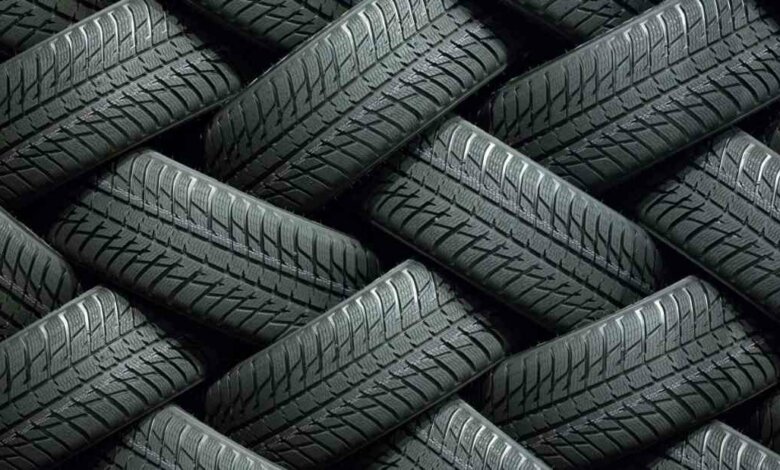Europe’s Rubber Addiction Destroys Africa’s Tropical Forests

Originally published on Bloomberg by John Ainger
Europe’s demand for rubber to make tires and other products is destroying tropical forests across Africa and proposals from Brussels to limit environmental damage currently do little to address the problem.
The European Union currently imports about 30 per cent of the rubber shipped abroad by Africa’s top producers, for tyres and other products.
A new satellite data study by non-profit Global Witness links European Union rubber imports to the deforestation of 520 sq km in Cameroon, Gabon, Ghana, Ivory Coast Liberia and Nigeria since the start of the millennium.
Rubber poses a bigger threat to Africa than the bloc’s imports of palm oil, yet it is not included in a law designed to stop trees being cut down outside of the EU.
The findings underscore the damage that demand for commodities has on ecosystems crucial to combating climate change. Forests in West and Central Africa absorb about three times as much carbon dioxide per year as France emits, according to World Bank data.
“The EU’s voracious appetite for rubber is devastating indigenous communities and eroding a vital carbon sink,” said Ms Giulia Bondi, senior EU forests campaigner at Global Witness.
“Yet astonishingly a draft law to prevent deforestation-linked products from being sold in Europe doesn’t include rubber.”
The EU currently imports about 30 per cent of the rubber shipped abroad by Africa’s top producers, more than 12 times the value of the palm oil it buys, according to the study.
Read Also: Let Africa Exploit its Natural Gas Reserves, says Ex-UN Climate Envoy
Global demand for the commodity rebounded last year, rising by 9 per cent from 2020, according to the Association of Natural Rubber Producing Countries.
While a pledge to end deforestation was one of the big breakthroughs at the COP26 climate summit last year, some agri industries are trying to weaken the proposed regulations, according to Greenpeace. That pressure may increase as food and commodities prices soar.
The European Commission’s proposal – covering beef, wood, soya, coffee and cocoa, in addition to palm oil – is designed to bring the greatest benefits in terms of prevented deforestation at the lowest cost for the operators involved, according to an EU official. The scope of the initiative could later be expanded, he said.
Mr Christophe Hansen, lead negotiator for the EU’s deforestation law in Parliament, is pushing for rubber to be included in the list of sectors covered by the proposal. He says the European Commission was wrong in taking a cost-benefit approach on which sectors to include, and should have instead looked at the environmental footprint of the products.
The commission’s approach to include certain commodities, but not others, was not the right one, Mr Hansen, a lawmaker for the European People’s Party, said in an e-mailed response to questions.
“The report clearly confirms my move to include rubber in the scope of the regulation,” he said.
Source: Bloomberg
Abeeb Lekan Sodiq is a Managing Editor & Writer at theafricandream.net. He’s as well a Graphics Designer and also known as Arakunrin Lekan.





